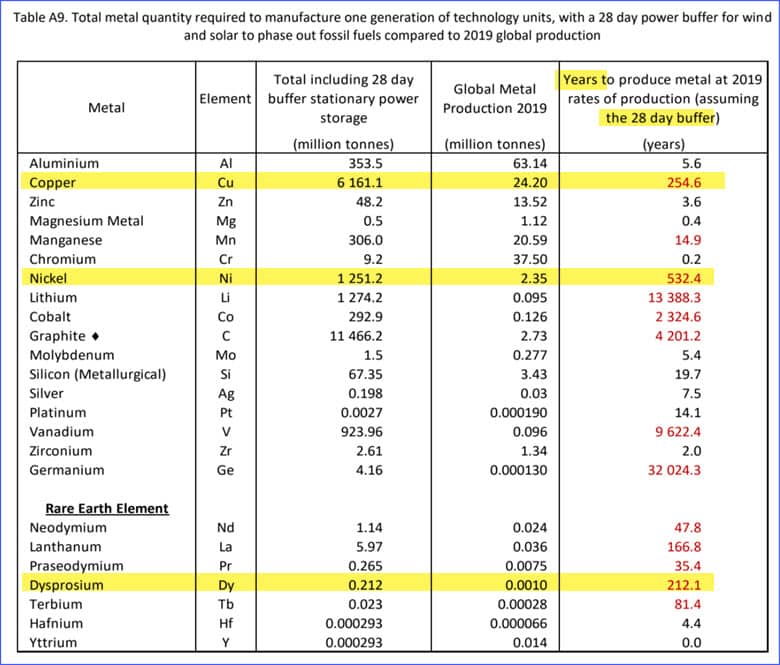There is no topic more important than today’s. Everything hinges on “us” getting it right. And by us I mean the entire global population.
That topic is energy. Specifically, the energy transition away from fossil fuels generally but oil most urgently. Why? Because oil is central to everything about our current way of life. The capital markets only function while expanding, literally millions of distinct products find the headwaters of their genesis in building blocks derived from oil. 95% of everything moves from point A to point B moves because of oil.
Heck, you eat oil in the form of oil-extracted or produced fertilizers, tractor activity, pesticides, and herbicides, and the fact that the average calorie you eat first traveled 1,500 miles before landing on your plate, every mile of that enabled by oil.
If we get this transition wrong - either by failing to plan appropriately or, worse, fibbing to ourselves by selling a set of technologies that cannot do what we’ll need them to do - then massive pain awaits. Economies will crash, as will populations. Wars will be fought.
Today we’re talking with Simon Michaud, an associate professor of geo-metallurgy at the Geological Survey of Finland and a key figure in the Circular Economy Solutions Unit. Dr. Michaux has done the math. He’s taken the time to study mining and resources and then performs some simple arithmetic to determine that…uh oh…we haven’t got a chance in the world of making an easy energy transition. None. The reasons are many, but the core of the problem is we’ve put the wrong people in charge and allowed flawed narratives to take flight unchallenged.
Consider, if you will, Simon Michaux’s work that defines the mineral and metal requirements to build out the first generation of wind and solar (assuming we’d like to have a 28-day buffer built in, necessitating huge battery development):
Oh. Nuts.
In many cases, it will take us humans hundreds if not thousands of years to mine the stuff we’d need given current technologies. Well, that isn’t in the cards. So what is?
Simon’s life journey is as intriguing as it is impressive. With a background combining physics, geology, and mining engineering, and a career spanning 18 years in the Australian mining industry, his insights are not just theoretical but grounded in extensive practical experience.
Green energy, it turns out, is something of a myth. And, given all that’s at stake, a rather dangerous myth.
As we navigate this conversation, we’ll be confronting some hard truths. This is more than just an interview; it’s a crucial dialogue about our collective future and the role each of us plays in shaping it.
This is a companion discussion topic for the original entry at https://peakprosperity.com/simon-michaux-the-green-energy-myth/
